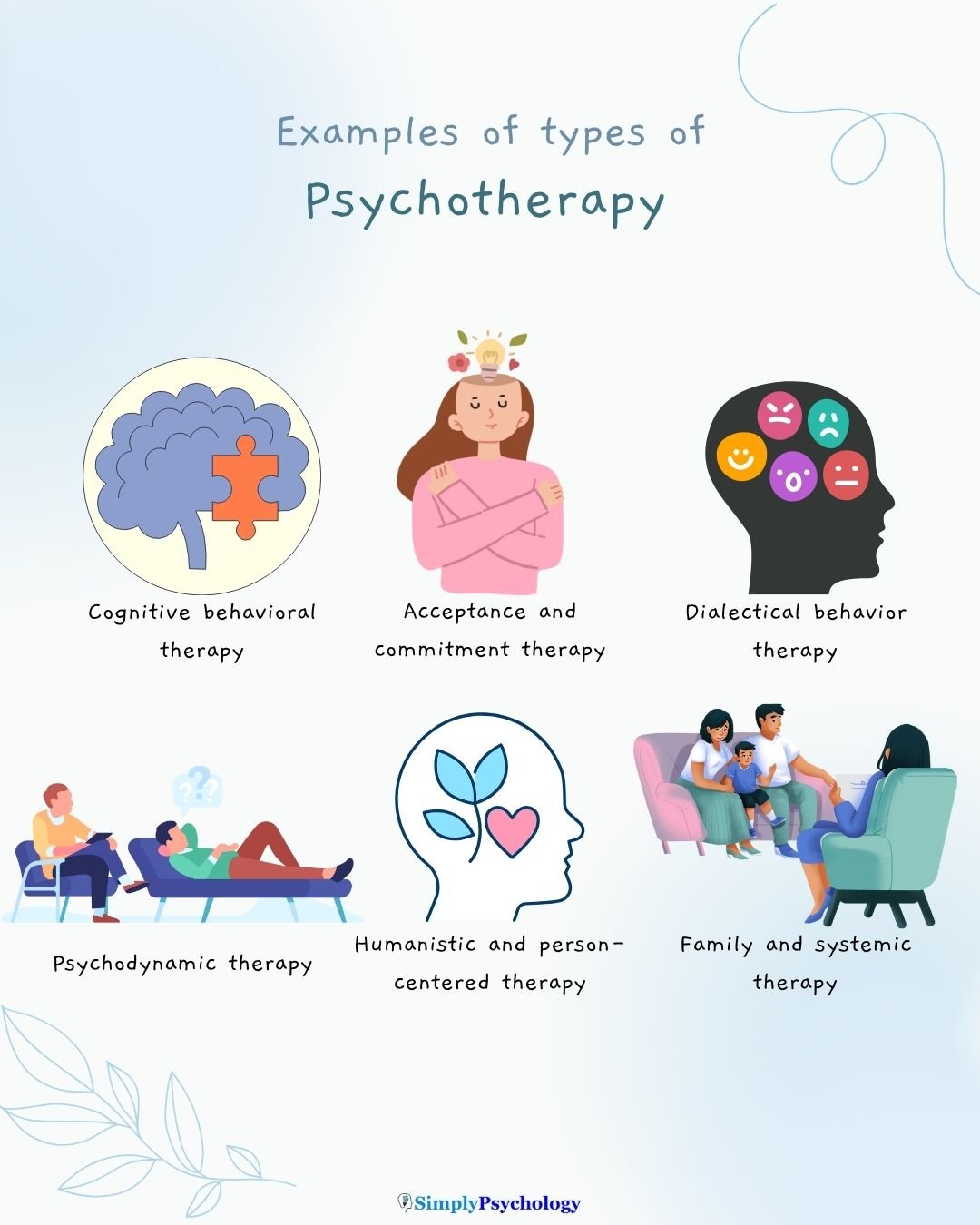Ways to Get Started with low cost therapy for Affordable Mental Health
A Comprehensive Overview to the Numerous Kinds Of Coaching and Their Effect
Counseling incorporates a selection of healing strategies, each created to satisfy one-of-a-kind psychological health needs. From the structured strategies of Cognitive-Behavioral Therapy to the compassionate nature of Person-Centered Therapy, these modalities provide unique pathways to individual growth. Family therapy and Dialectical Behavior modification provide extra structures for healing, while group counseling promotes neighborhood support. Recognizing these varied methods can brighten their profound influence on private well-being. What remains to be checked out are the intricacies of each technique.

Recognizing Cognitive-Behavioral Therapy (CBT)
Although numerous healing approaches exist, Cognitive-Behavioral Therapy (CBT) stands out because of its structured, goal-oriented nature. This type of treatment is based on the premise that thoughts, sensations, and behaviors are interconnected, and by transforming adverse idea patterns, people can alter their emotional feedbacks and actions. CBT utilizes various strategies, such as cognitive restructuring, which helps clients determine and challenge distorted beliefs. Behavioral activation urges interaction in pleasurable activities to battle depression.
Normally, CBT is a short-term treatment, typically enduring in between 12 to 20 sessions, making it accessible for those looking for fast outcomes. Its performance has been well-documented in dealing with anxiety conditions, clinical depression, and other mental health and wellness issues. The specialist's function is to guide clients with exercises and homework assignments, cultivating self-awareness and advertising long-lasting coping techniques. This useful technique empowers individuals to take control of their mental wellness, eventually bring about improved life contentment.
Checking Out Person-Centered Therapy
Person-Centered Therapy, created by Carl Rogers, supplies a different approach to Cognitive-Behavioral Therapy by highlighting the client's subjective experience. This healing model prioritizes the individual's point of view, cultivating a setting of empathy, unconditional positive regard, and credibility. By enabling clients to explore their sensations and ideas without judgment, therapists assist in personal growth and self-discovery.
The core tenet of Person-Centered Treatment is the belief that people have the inherent capability for self-healing and personal advancement. In this setup, the specialist serves as an encouraging guide instead than a directive authority, urging customers to organize their very own journey. This strategy is particularly efficient for those coming to grips with problems such as reduced self-confidence, anxiousness, or depression, as it encourages them to face and comprehend their feelings. Ultimately, Person-Centered Treatment cultivates a strong restorative alliance, cultivating count on and visibility essential for purposeful adjustment.
The Role of Household Therapy in Recovery
Family treatment acts as an essential part in the recovery procedure for individuals and their partnerships. This therapeutic technique concentrates on enhancing interaction, fixing disputes, and cultivating deeper connections amongst relative. By dealing with inefficient dynamics, family members therapy motivates each participant to express their thoughts and sensations in a secure setting, promoting understanding and compassion.

The influence of family treatment expands beyond the sessions, as boosted connections can lead to boosted emotional health for all included. On the whole, family therapy plays a crucial role in recovery by cultivating unity, resilience, and shared assistance amongst relative, inevitably directing them toward a much healthier, more meeting life together.
Unboxing Dialectical Behavior Modification (DBT)
Building on the foundation of therapeutic strategies that improve emotional wellness, Dialectical Behavior modification go right here (DBT) provides an organized framework for individuals fighting with intense emotions and behavioral challenges. Created by Marsha Linehan, DBT incorporates cognitive-behavioral strategies with mindfulness practices, aiming to assist clients take care of frustrating feelings and boost social performance.
The treatment is particularly helpful for those detected with Borderline Individuality Problem yet is additionally applicable to a variety of other psychological wellness concerns. couples counselling. DBT is composed of specific treatment sessions and abilities training groups, concentrating on four key ability: mindfulness, distress resistance, feeling law, and social performance
The Advantages of Group Therapy Sessions
While private therapy offers important insights, group counseling sessions provide distinct benefits that can considerably improve the healing experience. One crucial advantage is the feeling of neighborhood that emerges amongst individuals. Individuals typically discover comfort in sharing their experiences with others encountering similar difficulties, fostering an encouraging setting that decreases feelings of seclusion.
Group sessions encourage varied perspectives, allowing individuals to discover from each various other's coping methods and insights. This cumulative wisdom can result in boosted analytical abilities and a more comprehensive understanding of individual issues.
In addition, group therapy often advertises responsibility, as members motivate each other to pursue their objectives and follow their commitments. The cost-effectiveness of group treatment makes it an easily accessible option for lots of individuals looking for support. Generally, the collaborative nature of group counseling sessions can significantly improve the healing trip.
Frequently Asked Inquiries
What Qualifications Do Therapists Need to Exercise Therapy?
Specialists usually call for a relevant degree in psychology or counseling, together with monitored professional experience. Additionally, they should get appropriate licensure or accreditation to exercise legitimately, ensuring adherence to professional requirements and honest standards.
Just how Do I Choose the Right Kind Of Treatment for Me?
Picking the appropriate type of treatment entails assessing individual demands, exploring numerous approaches, thinking about specialist specialties, and looking for referrals. Comprehending specific objectives and choices can significantly improve the performance and contentment of the therapeutic experience.

Are Online Therapy Sessions as Effective as In-Person Ones?
The effectiveness of on-line therapy sessions contrasted check over here to in-person ones commonly depends upon individual choices and situations. Research indicates that both approaches can generate favorable outcomes, though some might discover greater convenience in face-to-face communications.
How Lengthy Does Counseling Generally Last?

What Should I Expect Throughout My Initial Therapy Session?
During the initial counseling session, clients can anticipate an introduction, discussion of their problems, establishment of goals, and an overview of the therapy process - relationship therapy. This preliminary meeting aims to develop connection and guarantee convenience